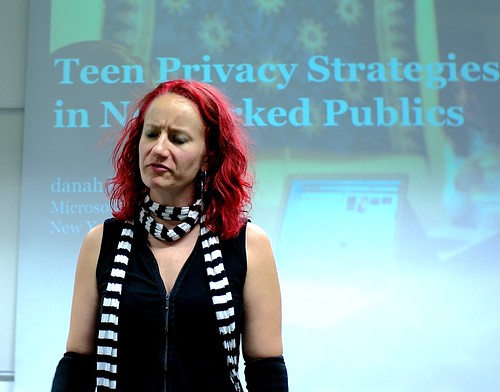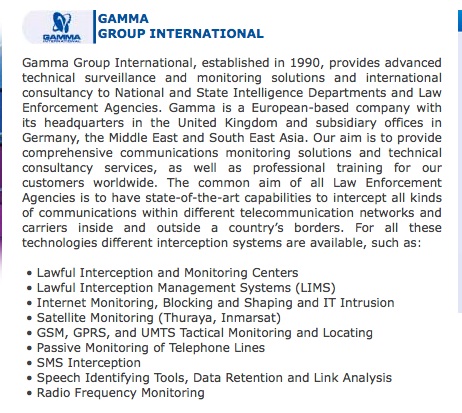Interesting NYT column by Richard Thaler.
Here is a guiding principle: If a business collects data on consumers electronically, it should provide them with a version of that data that is easy to download and export to another Web site. Think of it this way: you have lent the company your data, and you’d like a copy for your own use.
This month in Britain, the government announced an initiative along these lines called “mydata.” (I was an adviser on this project.) Although British law already requires companies to provide consumers with usage information, this program is aimed at providing the data in a computer-friendly way. The government is working with several leading banks, credit card issuers, mobile calling providers and retailers to get things started.
To see how such a policy might improve the way markets work, consider how you might shop for a new cellphone service plan. Two studies have found that consumers could save more than $300 a year by switching to the right plan. But to pick the best plan, you need to be able to estimate how much you use services like texting, social media, music streaming and sending photos.
You may not know how to answer or be able to express it in megabytes, but your service provider can. Although some of this information is available online, it’s generally not readily exportable — you can’t easily cut and paste it into a third-party Web site that compares prices — and it is not put together in a way that makes it easy to calculate which plan is best for you.
Under my proposed rule, your cellphone provider would give you access to a file that includes all the information it has collected on you since you owned the phone, as well as the current fees for each kind of service you use. The data would be in a format that is usable by app designers, so new services could be created to provide practical advice to consumers. (Think Expedia for calling plans.) And this virtuous cycle would create jobs for the people who dream up and run these new Web sites.


